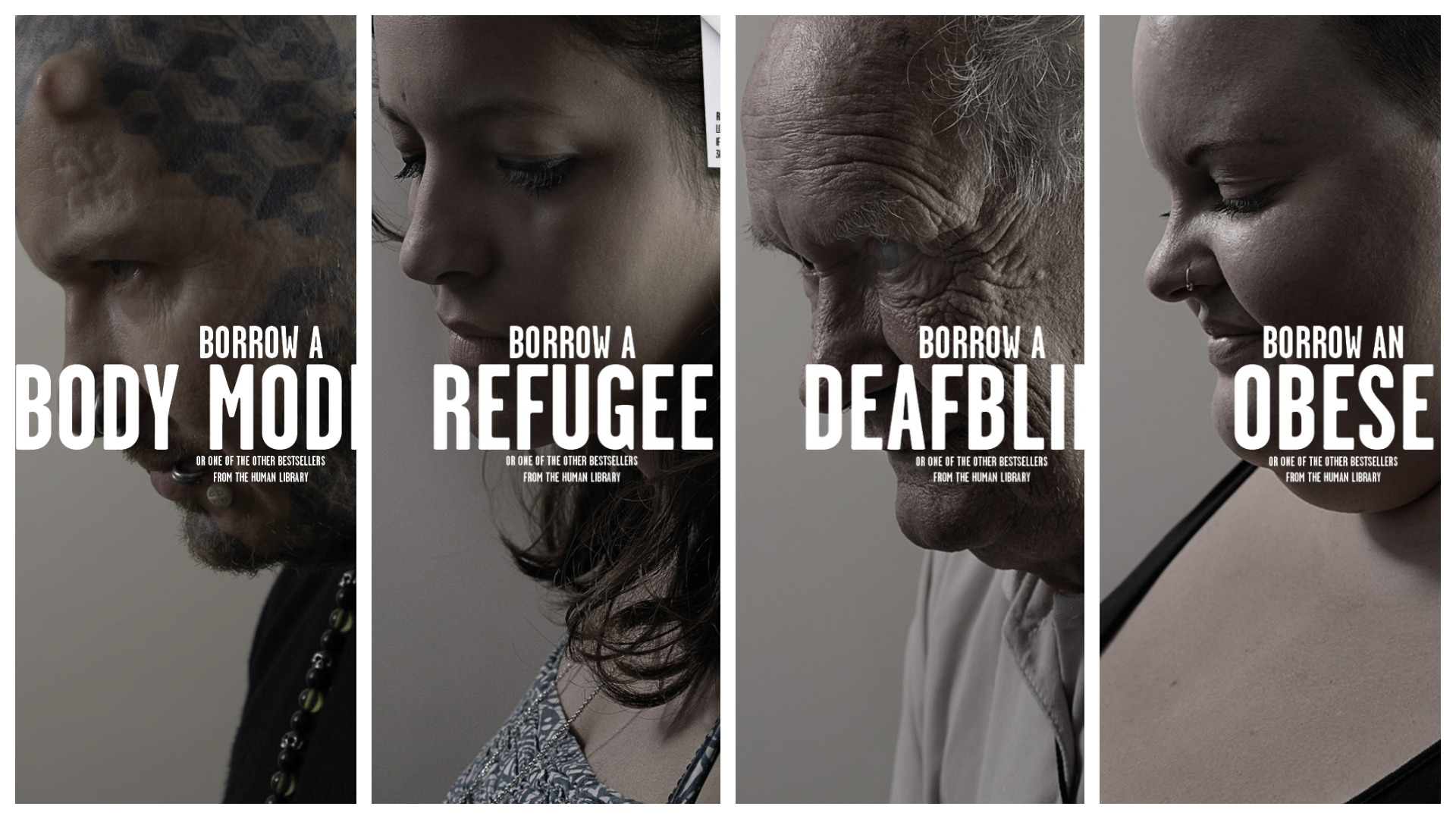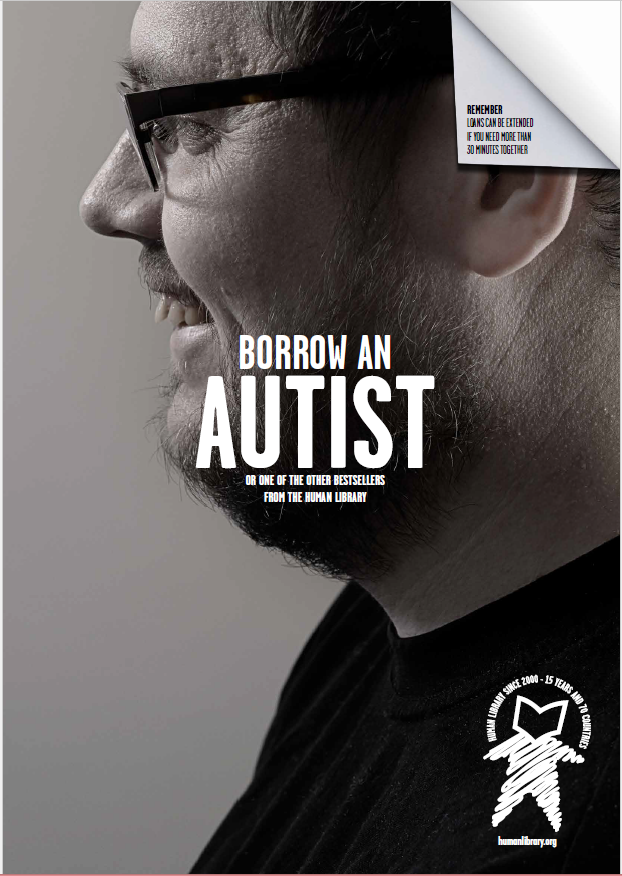- Better Society -
- 3mins -
- 198 views
At the Human Library you never judge a book by its cover
At the Human Library real people are the books on loan for curious “readers” to chat with and challenge their perceptions and prejudices of different groups within their community.
The Human Library is a place where difficult questions are expected, appreciated and answered
The Human Library is an international non-profit organisation and movement that first started in Copenhagen in 2000. The aim is to challenge prejudice against social contact among people. Similar to how a traditional library works, the Human Library participants can be “checked out”, at which point they engage in conversations and share stories with their “reader”. The Human Library Organization is currently active in over 70 countries.
The Human Library is a place where difficult questions are expected, appreciated and answered
The Human Library concept is about offering living, breathing people as books — Human Books — to be lent out to curious “readers” who will ask them questions and challenge their perceptions of different groups within their community.
The human “Books” will typically have titles that aim to represent a stigmatised or stereotyped group of people in the community. This could be a religious minority or sexual minority or other members of the community who are exposed to general misconceptions, stigma, stereotyping and/or prejudice.
The purpose of the rapidly growing movement is to challenge what we think we know about other members of the community. To challenge our stereotypes and prejudices in a positive framework, where difficult questions are accepted, expected and appreciated.
Source: Facebook/HumanLibraryOrganization

The books began to read each other before the public arrived
The Human Library or “Menneskebiblioteket” as it is called in Danish, was first developed in Copenhagen in the spring of 2000 as a project for Roskilde Festiva,l by Ronni Abergel and his brother Dany, along with colleagues Asma Mouna and Christoffer Erichsen.
The original event was open eight hours per day for four days, and featured dozens of different titles. The broad selection of “books” provided readers with an ample choice to challenge their stereotypes, and so they did!
More than a thousand “readers” took advantage of the event, leaving books, librarians, organisers and readers alike stunned at the impact of the Human Library.
One of the main concerns for the co-creators prior to the event was, what would happen if people missed the point? Or if the audience simply didn’t want to be challenged on their prejudices?
Given there were a total of 75 books available, the conclusion was that with so many different people together in such a small space for a long time, then they are bound to start reading each other if no readers turned up — and exactly that turned out to the the case…
‘Before the first reader could take out a book, the talks where already going on extensively and the feeling of something very special was in the air. The policeman sitting there speaking with the graffiti writer. The politician in discussions with the youth activist and the football fan in a deep chat with the feminist. It was a win-win situation and has been ever since.’
The Human Library has another advantage to organisers around the world; it’s not very expensive and can be organised no matter how large or small your budget. The biggest resource necessary to facilitate a Human Library is time and hands to do the tasks.
Due to this great quality it has been possible to stage events in a wide range of countries and with very little funding. This feature has made it possible to present Human Libraries in Romania, Iceland, Finland, Norway, Italy, Holland, Slovenia, Belgium, Portugal and Australia – to name but a few.
Source: HumanLibrary.org



